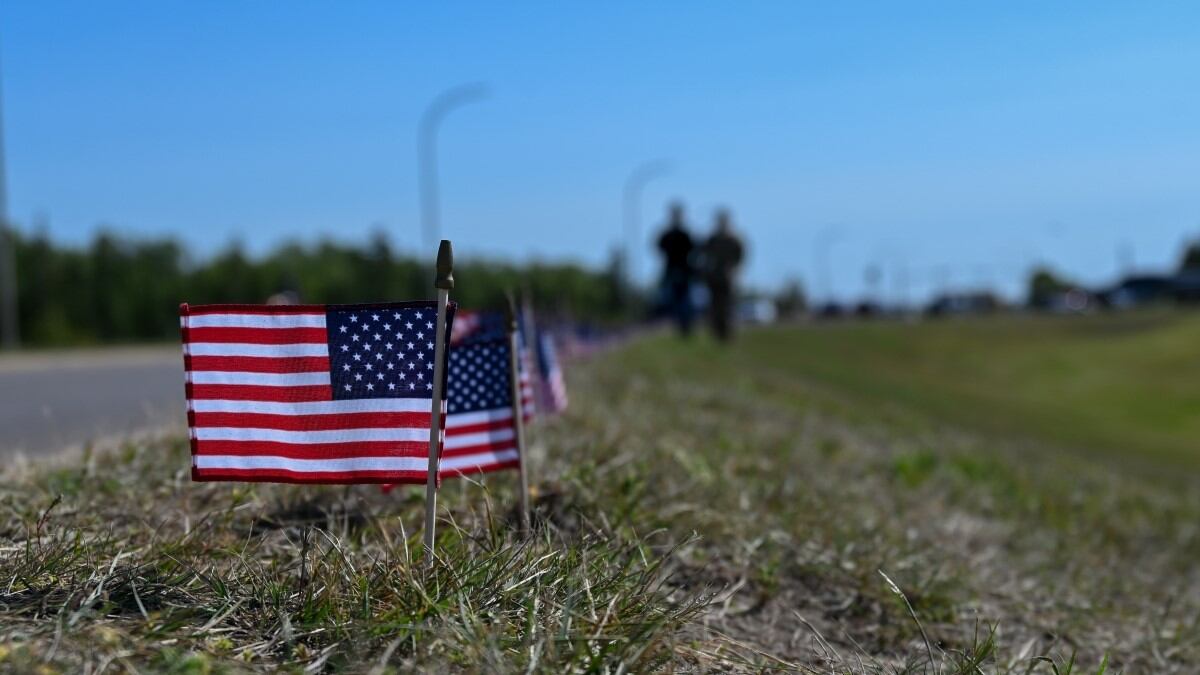Congressional leaders signaled their support for the Air Force’s new Long Range Strategic Strike-Bomber on Wednesday, but voiced concerns about the difficulty of replacing an aging bomber fleet at a time of fiscal austerity.
"The ability to project power and convincingly strike from far distances is one of the most important components of our military arsenal today," ranking member Rep. Joe Courtney, D-Conn., said at a hearing of the House Armed Services seapower and projection forces subcommittee.
"This new program is going to occur at a time of intense budget pressure, not just within the Air Force alone but also the entire Department of Defense," Courtney said. "With the aircraft expected to be in service well into the century, it is important we get this right."
The top Republican on the committee, Rep. J. Randy Forbes of Virginia, said the age of the current bomber fleet is "of great concern."
"The newest B-52 bomber is 53 years old," Forbes said. "In at least one Air Force family, three generations of airmen have piloted the Stratofortress in combat engagements from Vietnam to Enduring Freedom."
Courtney pointed out that the years of service are "effectively making the B-52 eligible for Social Security by the time the Long Range Strike-Bomber comes online."
Rep. Paul Cook, R-Calif., a retired Marine Corps colonel, said he wants to make sure the Pentagon is using its resources effectively.
"The more you stick on there, it gets so expensive that it's going to fail the budgetary wars," he said. "I'm going to support it. I just want to make sure we do it right."
The Pentagon has not yet announced which defense company will be in charge of building the new bomber, but experts have predicted the announcement could come in September or October. Courtney said he expects an announcement to be made within the coming weeks.
The Air Force is looking for an aircraft with advanced stealth capabilities to replace the B-1 and B-52, and eventually phase out the B-2.
In 2014, the service estimated the cost of aircraft at $33 billion for the next 10 years. But a report earlier this year set the cost at nearly $42 billion, drawing swift condemnation from Congress.
Air Force Secretary Deborah Lee James told reporters last month that the cost of the bomber was unchanged, and that the higher estimate was due to clerical errors.
"It occurred in part because of human error and in part because of process error, meaning a couple of our people got the figures wrong and the process of coordination was not fully carried out in this case," she said.
On Wednesday, Lt. Gen. Robert Elder (ret.) told the subcommittee that the LRS-B is increasingly important, as the U.S. ability to strike globally is waning.
"We have less than 100 combat-ready bombers with an average age of 38 years," said Elder, now a professor at Virginia's George Mason University. "Quite frankly, the older bombers we have are simply not survivable in the face of modern air defenses."
Elder also said he thinks the planned number of next-generation bombers isn't going to be enough.
"I believe, quite frankly, the 80 to 100 … number is not going to be enough to replace the B-1, B-52 fleet," he said. "Even though its capability against the target set would be greater, what amounts to the rotational commitments, it's not going to satisfy them."




